Sharing video footage of polling stations breaches voters' privacy: EC officials
The Election Commission has denied calls to release polling booth CCTV footage, citing voter privacy and security risks. Footage is retained for 45 days for legal use, but not shared publicly to prevent misuse.
PTI
-
Election Commission.
New Delhi, 21 June
Amid demands to
make public webcasting footage of polling stations, Election Commission
officials on Saturday said such a move is violative of privacy and security
concerns of voters.
They said while
such demand suits their narrative in making it sound quite genuine and in the
interest of voters and safeguarding the democratic process, it is, in fact,
aimed at achieving exactly the "opposite objective".
Officials claimed
that what is veiled as a very logical demand is actually "entirely
contrary" to the privacy and security concerns of voters, the legal
position laid down in the Representation of the People Act, 1950 and 1951 and
the directions of the Supreme Court.
Sharing the
footage, which would enable easy identification of the electors by any group or
an individual, would leave both the elector who has voted as well the elector
who has not voted vulnerable to pressure, discrimination and intimidation by
anti-social elements, they asserted.
Creating an
instance, they said if a particular political party gets the lesser number of
votes in a particular booth, it would easily be able to identify, through the
CCTV footage, which elector has voted and which elector has not, and,
thereafter, may harass or intimidate them.
To be sure, the
Election Commission retains the CCTV footage, which is purely an internal
management tool and not a mandatory requirement, for a period of 45 days which
aligns with the period laid down for filing an election petition.
Since no election
can be challenged beyond 45 days of the declaration of the result, retaining the
footage beyond this period makes it susceptible to misuse of the content by
non-contestants for spreading misinformation and malicious narratives, the
officials underlined.
They noted that in
case an election petition is filed within 45 days, the CCTV footage is not
destroyed and also made available to the competent court when asked for.
Maintaining
privacy and secrecy of the elector is non-negotiable for the EC and it has
never compromised on this essential tenet laid down in the law as well upheld by
the Supreme Court, the functionaries said.
Fearing the use of
its electronic data to create "malicious narratives", the Election
Commission has instructed its state poll officers to destroy CCTV cameras,
webcasting and video footage of the election process after 45 days, if the
verdict is not challenged in courts within that period.
The remarks come
in the backdrop of a demand by the Congress and other opposition parties to
release post-5 pm CCTV footage from polling booths in the 2024 Maharashtra
assembly elections.
In December last
year, the government tweaked an election rule to prevent public inspection of
certain electronic documents such as CCTV cameras and webcasting footage as
well as video recordings of candidates to prevent their misuse.
Based on the
recommendation of the EC, the Union law ministry amended Rule 93 of the Conduct
of Election Rules, 1961, to restrict the type of papers or documents open to
public inspection.
In a letter to state chief electoral officers on 30 May, the EC said it has issued instructions for recording various stages of the election process through multiple recording devices -- photography, videography, CCTV and webcasting during the election process.
While electoral
laws do not mandate such recordings, the Commission uses them as an internal
management tool during various stages of the electoral process.
"However, the
recent misuse of this content by non-contestants for spreading misinformation
and malicious narratives on social media by selective and out-of-context use of
such content, which will not lead to any legal outcome, has prompted a review,"
it said.
Leave a Reply
Your email address will not be published. Required fields are marked *








.jpg)

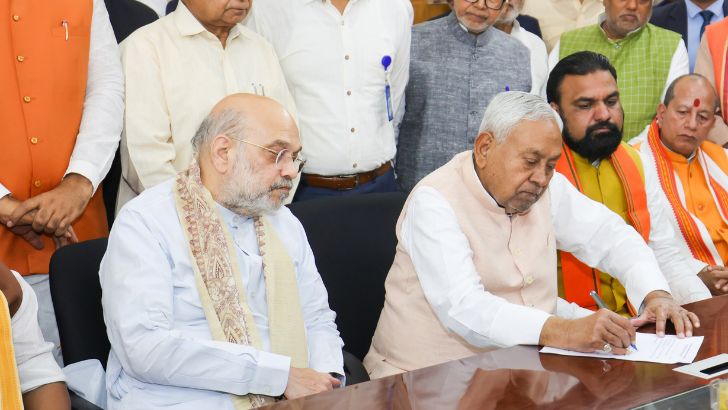
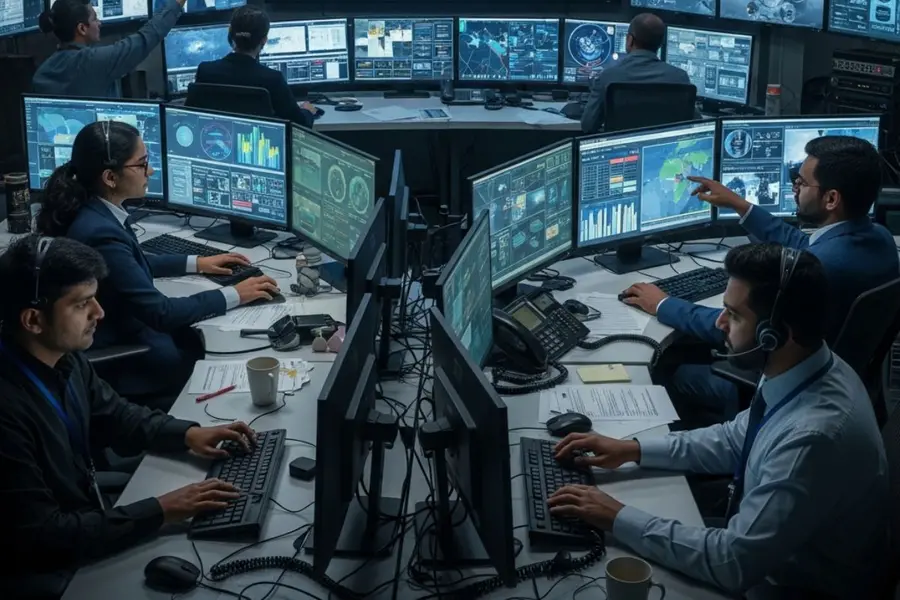
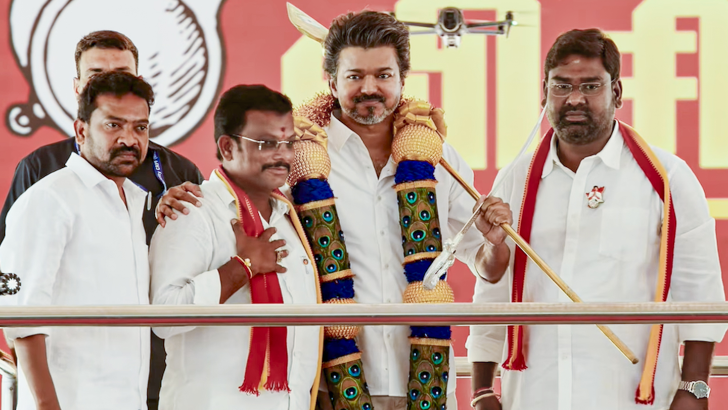
.png)
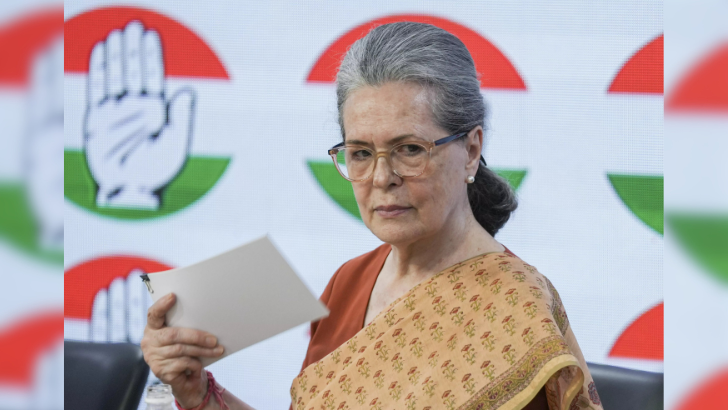
.png)

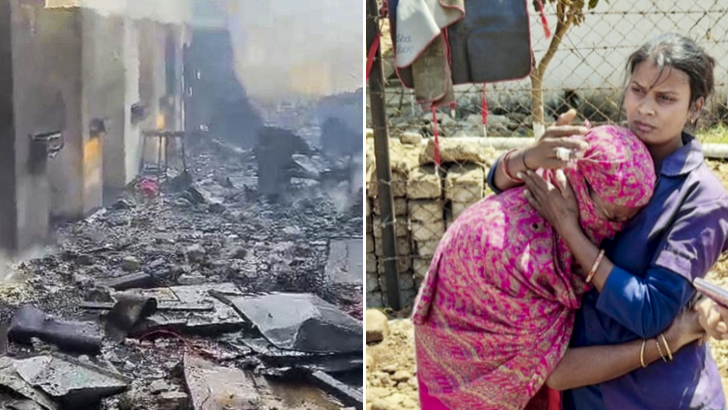
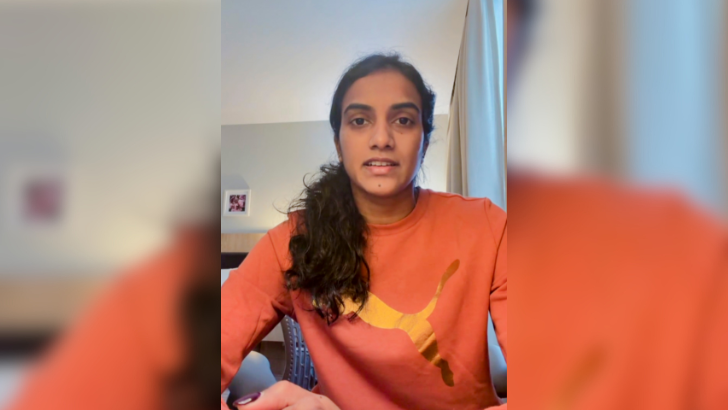
.png)
